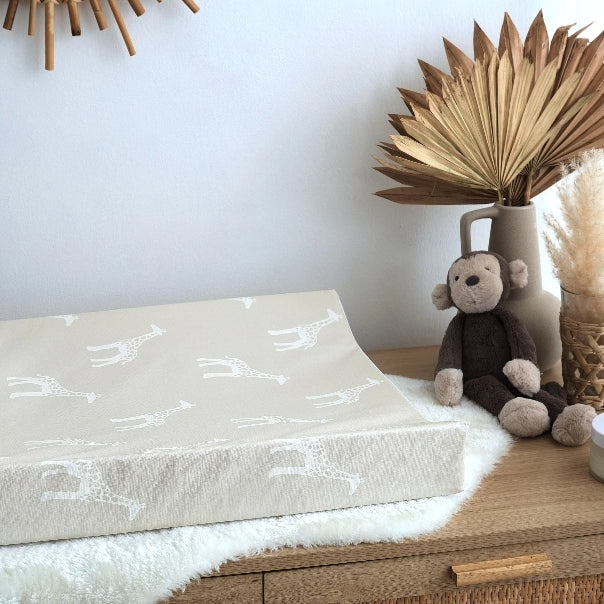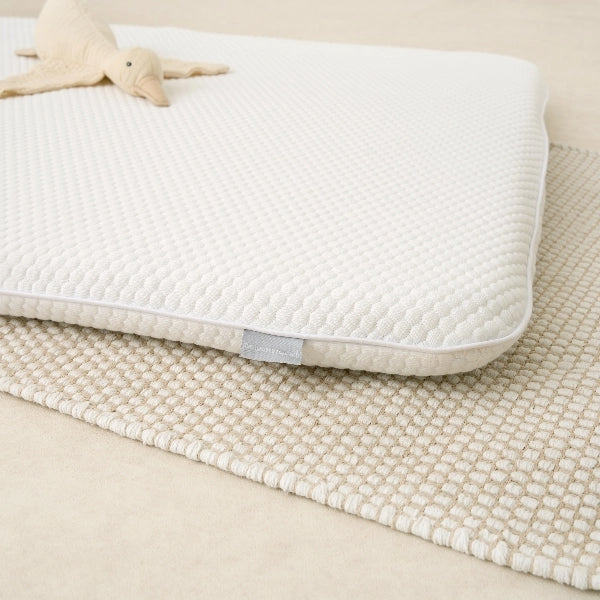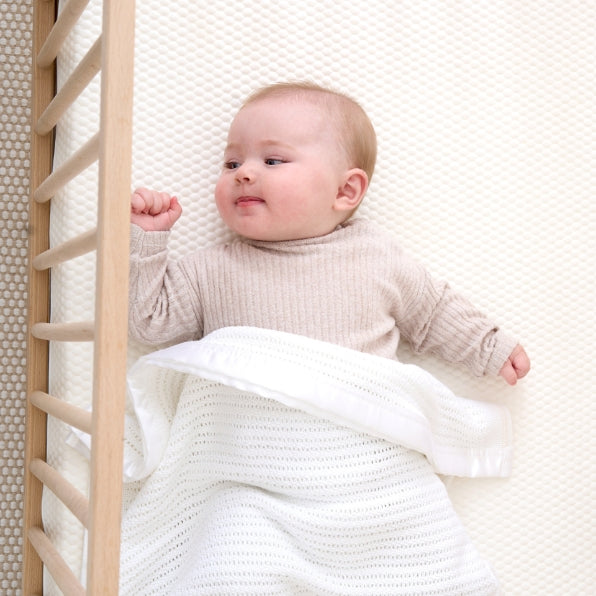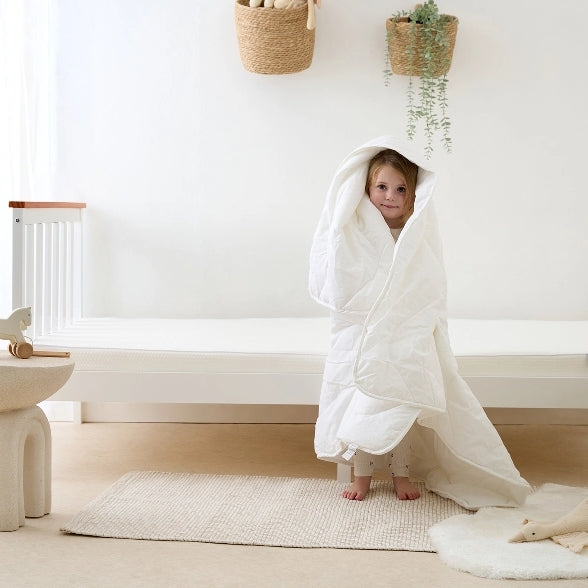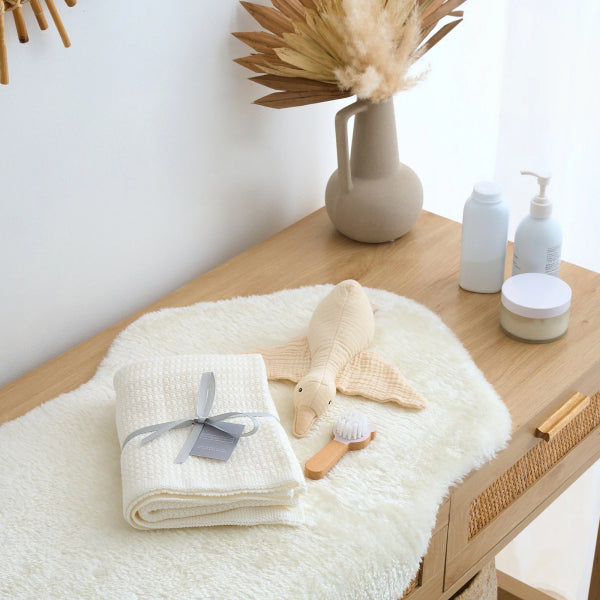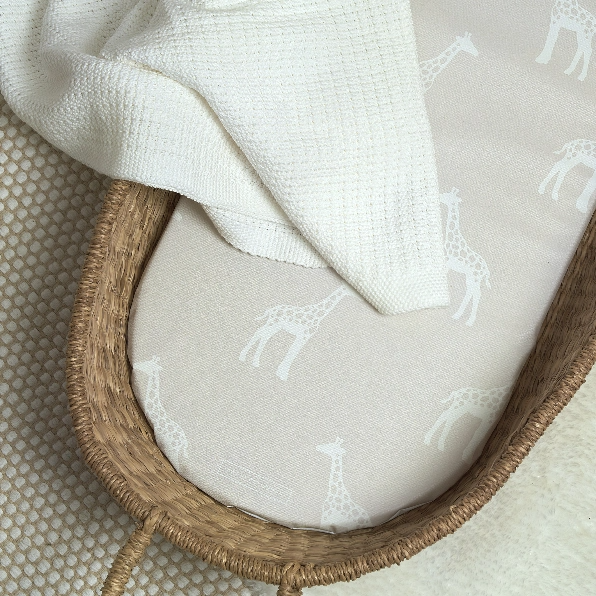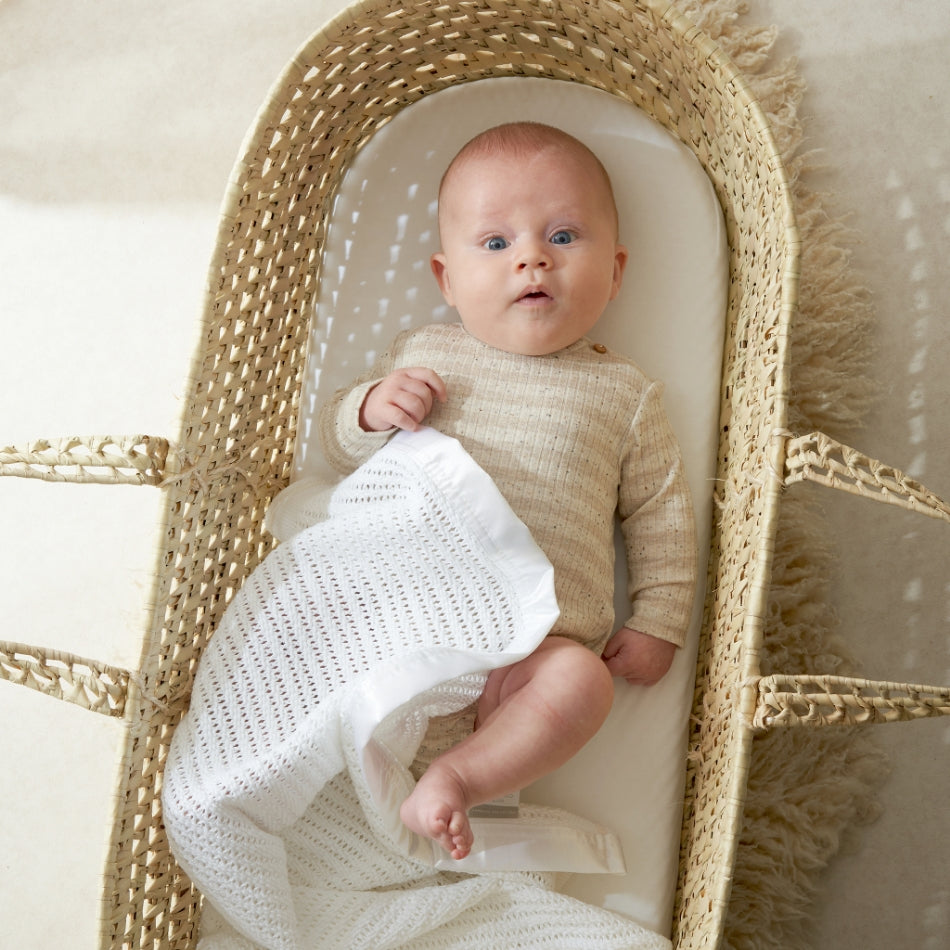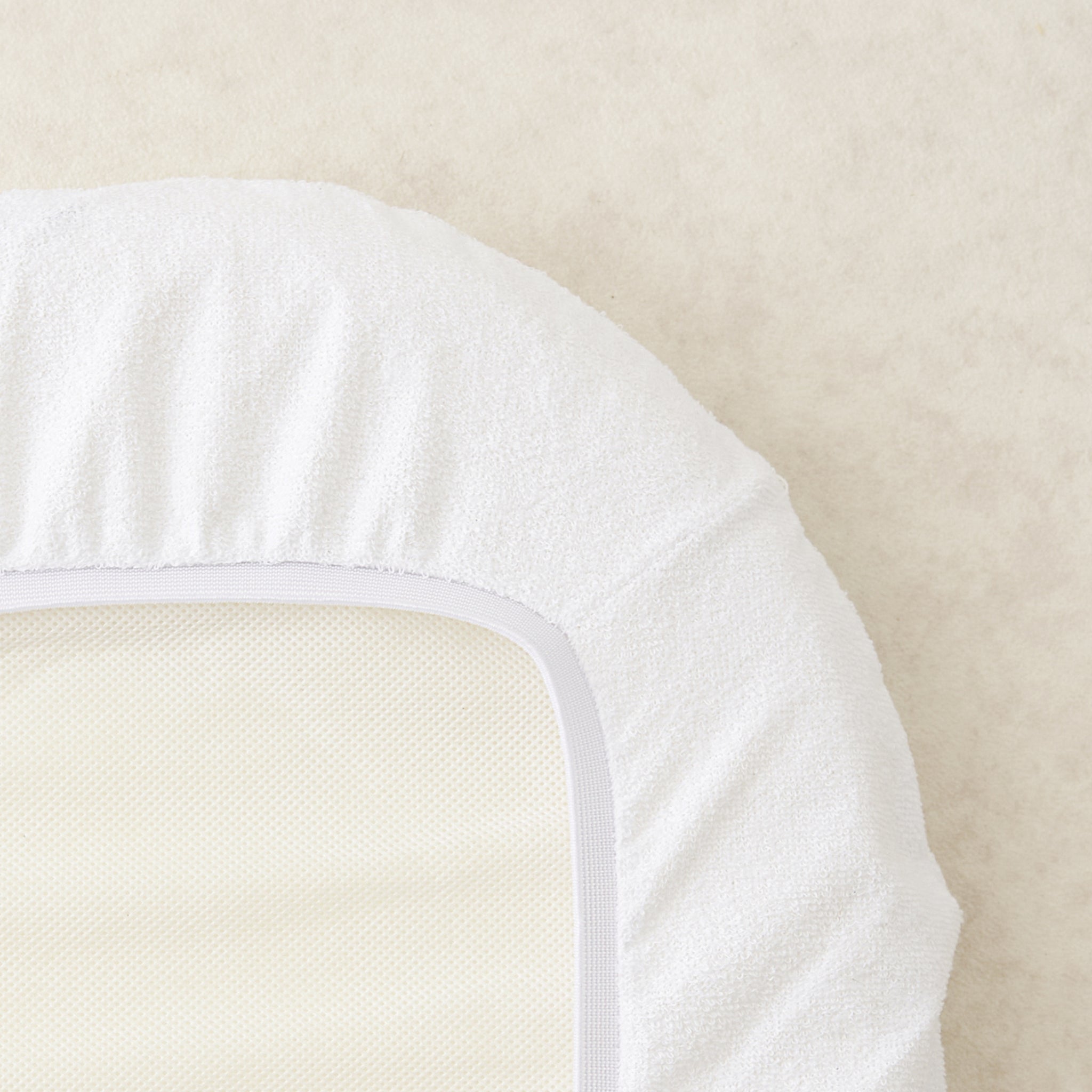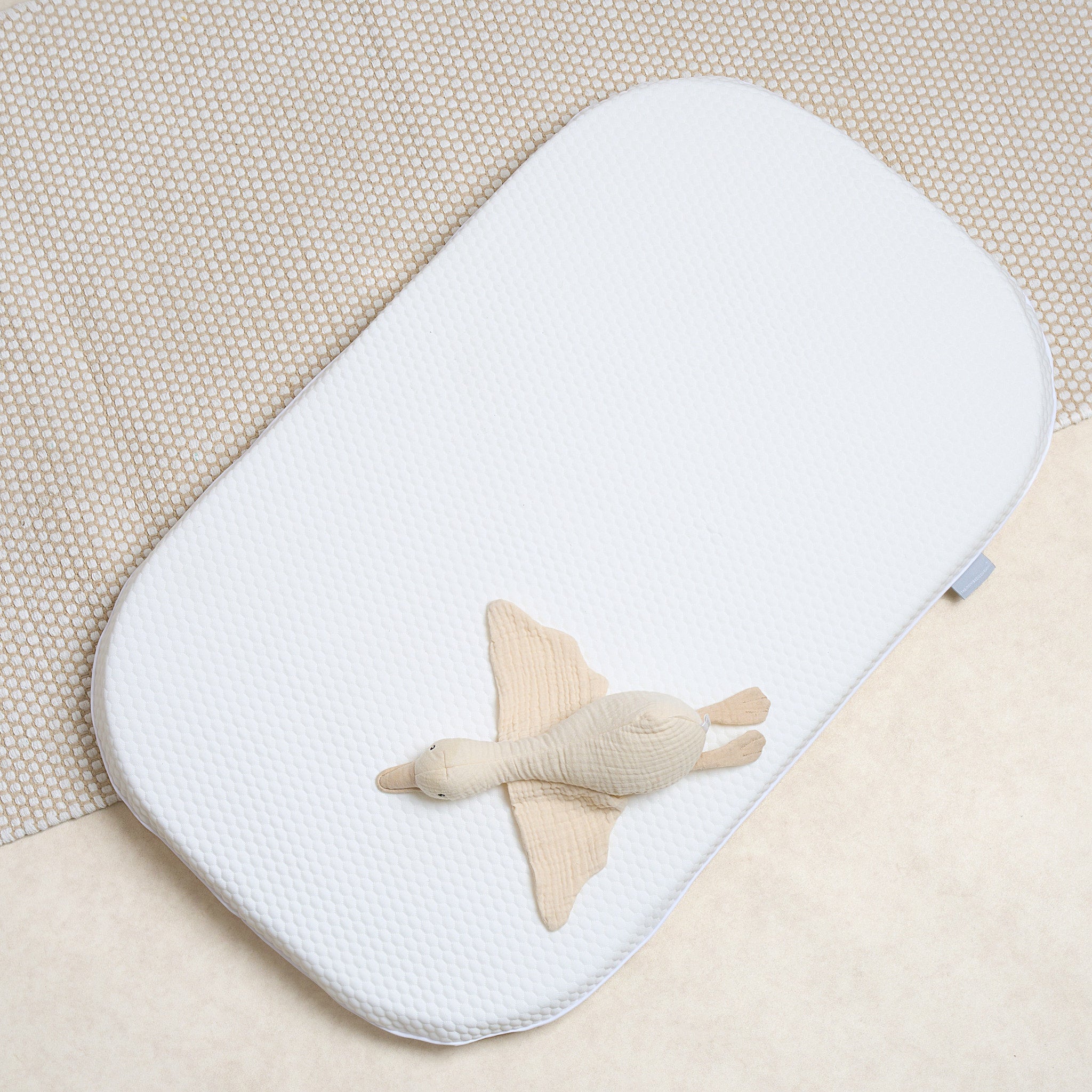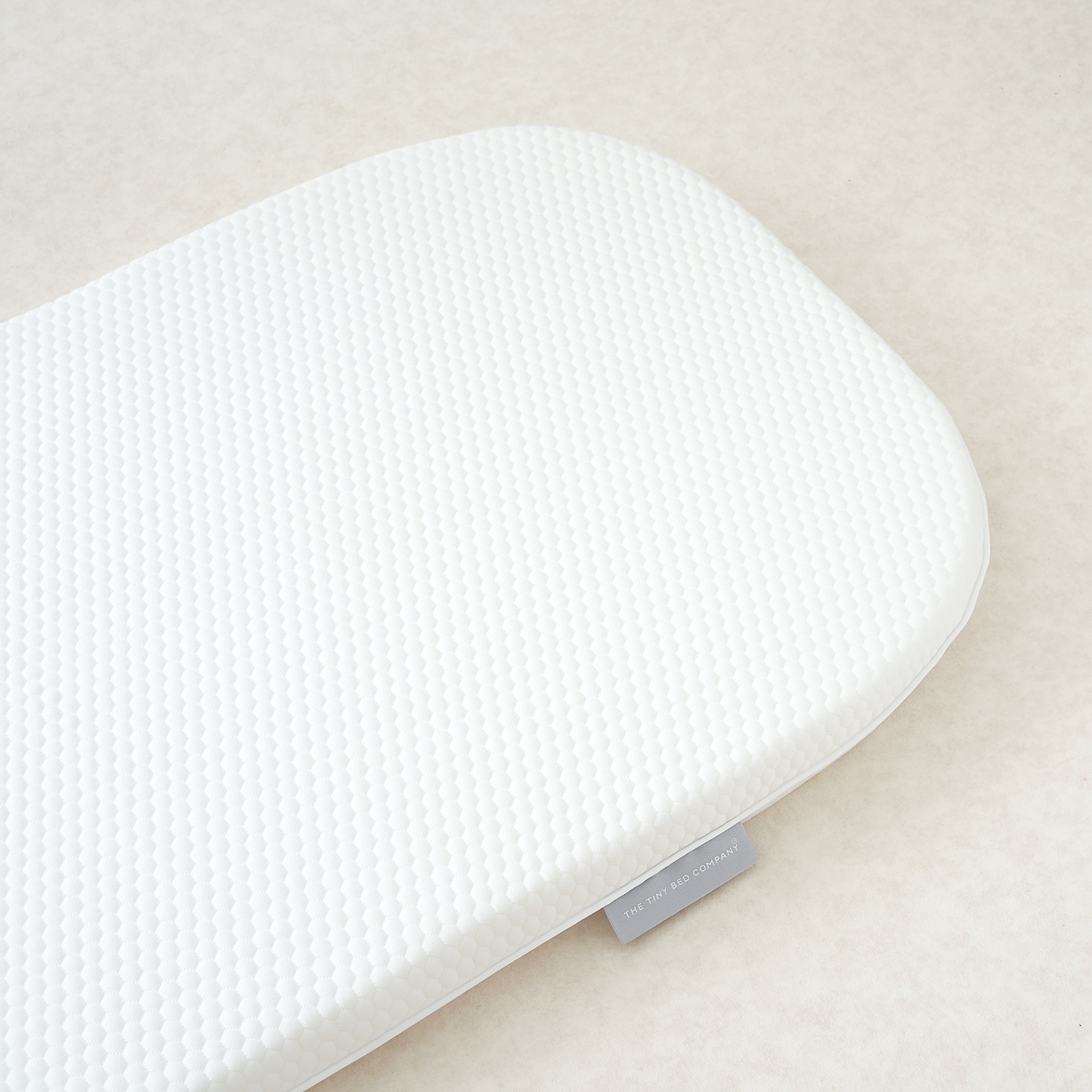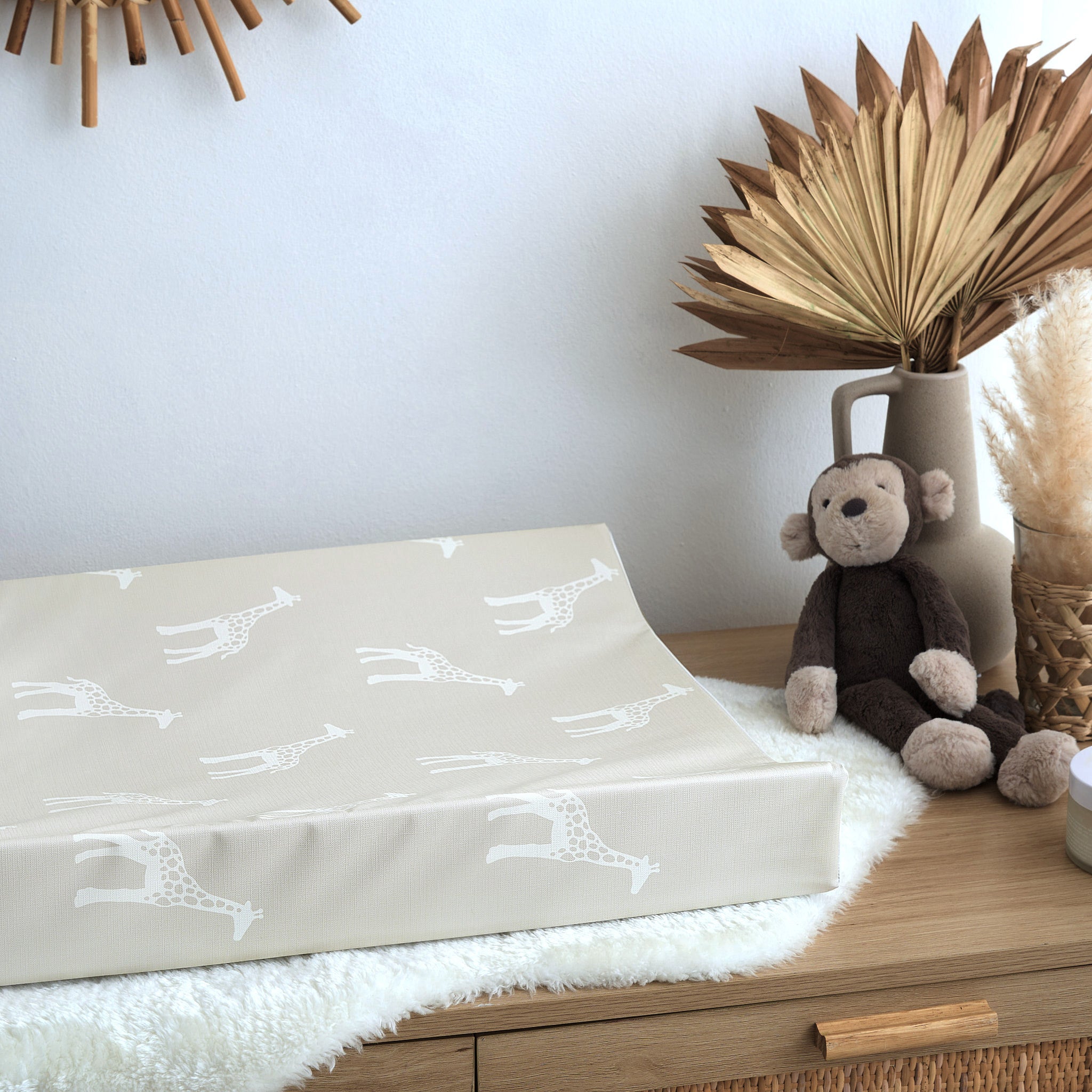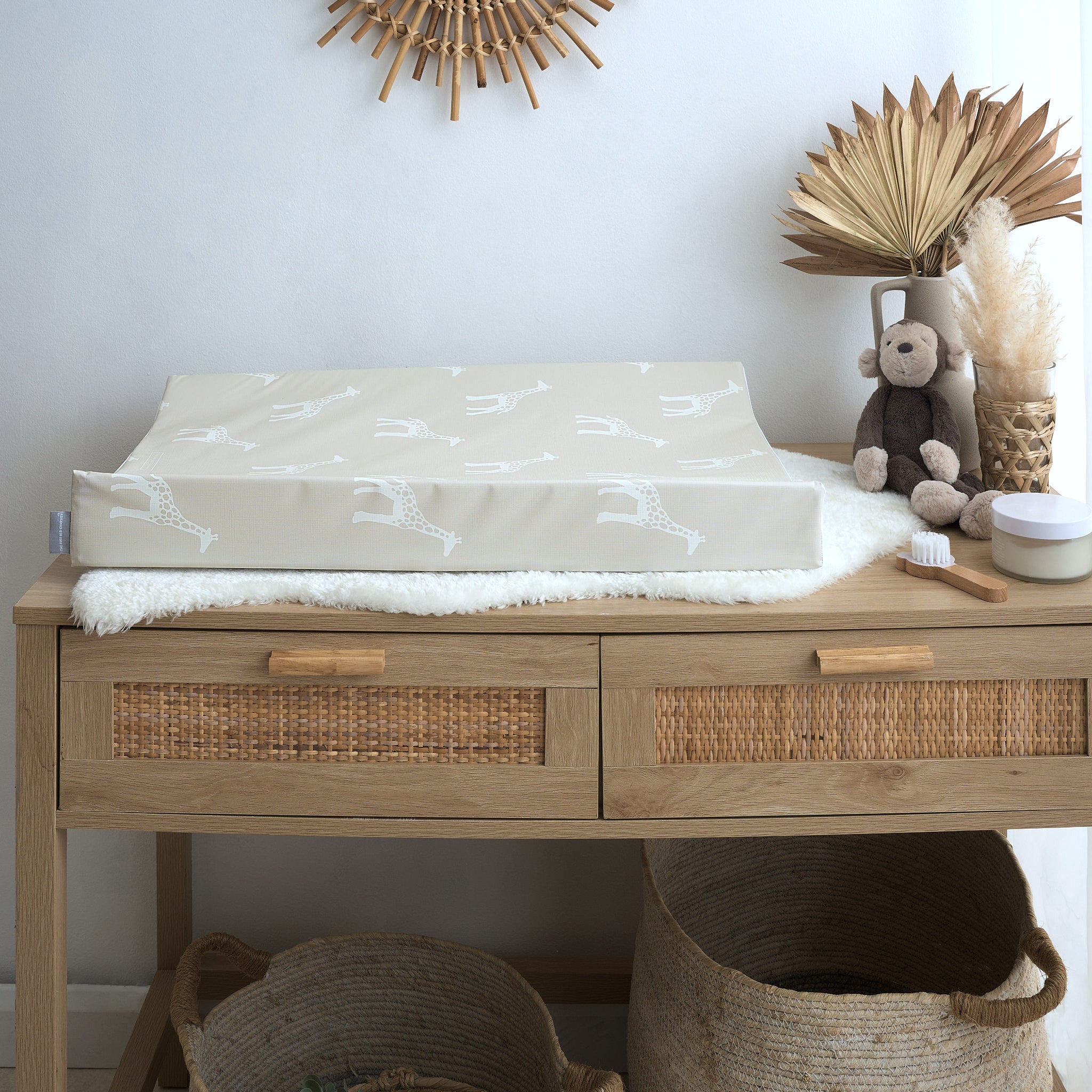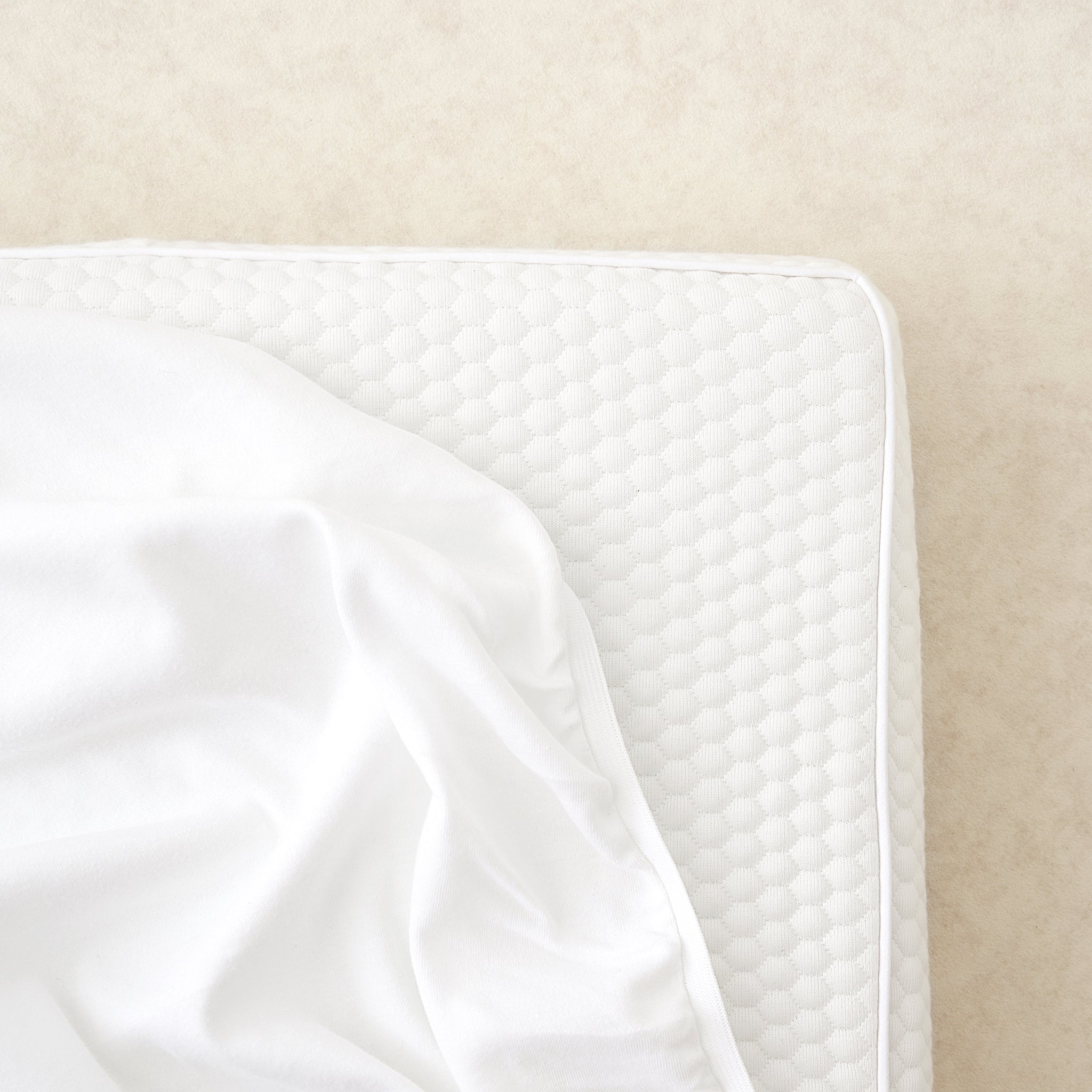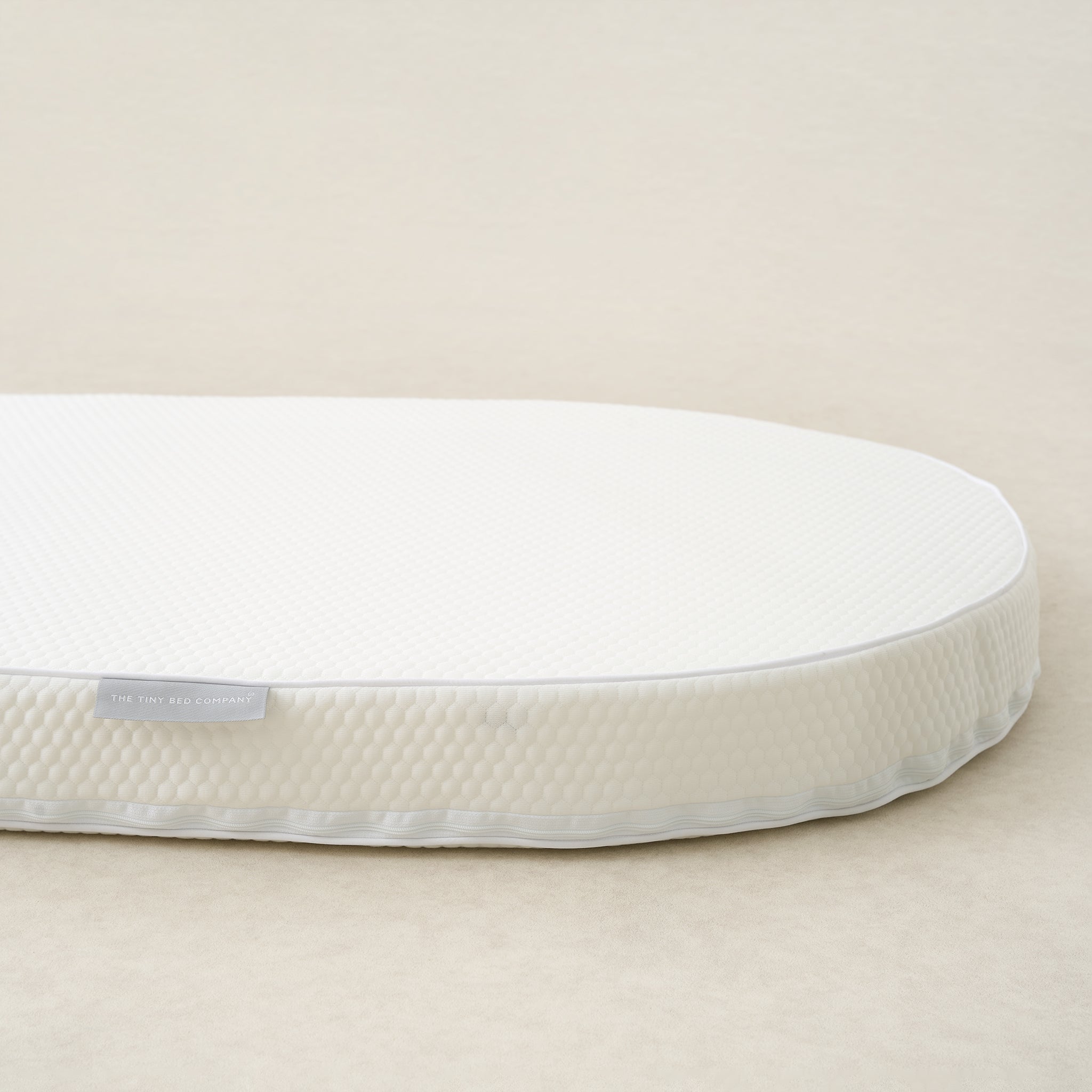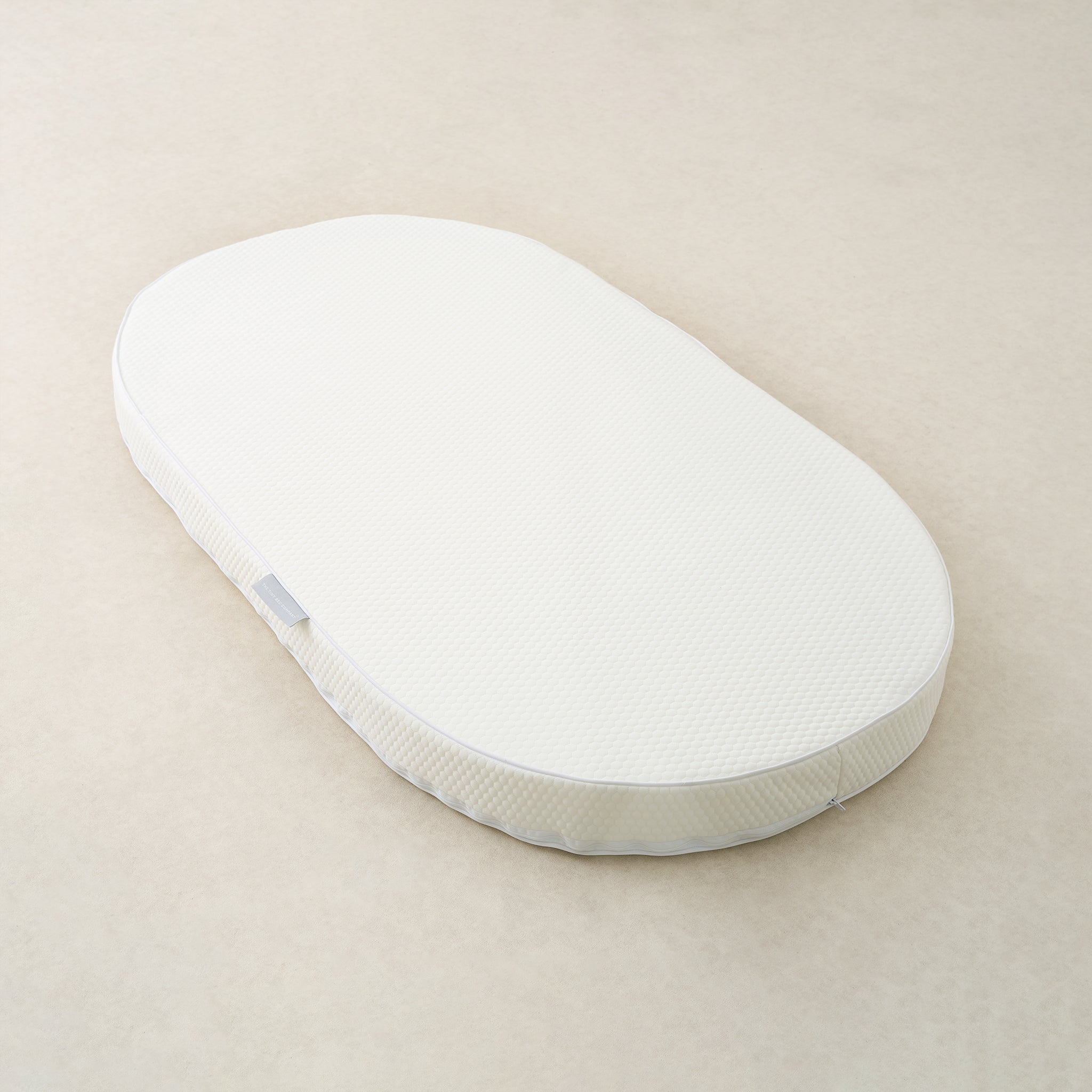Nurturing Healthy Sleep Habits for Your Baby's First Year
Your baby's first year is full of exciting milestones, and one of the most anticipated by parents is getting into a regular sleep routine!
Parents often have to adjust their own schedules to match their baby's sleep patterns, helping their little one get enough rest. It's normal to have questions about how your baby's sleep might change during the first 12 months.
How Much Sleep Do Babies Need?
A baby's sleep habits change a lot in the first year, with shifts in how much sleep they need and how long they sleep at a time.
0–3 Months: Newborns usually sleep for 14–17 hours a day, broken into shorter periods for feeding, changing, and interaction. Breastfed babies often need to eat every two hours, while bottle-fed babies might go three hours between feeds. The American Academy of Sleep Medicine says not to worry if your newborn's sleep isn't exactly like the norm, as sleep patterns can vary a lot in the first four months. Your baby is unique and so will be their sleep pattern too.
3–6 Months: By about three months, babies start to need less sleep, around 12–15 hours a day. They'll also start sleeping for longer stretches and might even begin sleeping through the night, though not all babies will.
6–12 Months: After six months, most babies sleep mainly at night. However, things like teething, growth spurts, or illness can still cause night wakings.
Sleep is crucial for your baby's development. During sleep, their brain is busy laying the groundwork for learning, behaviour, emotions, and the immune system.
Your baby will usually show signs they're ready to sleep by fussing, crying, yawning, or rubbing their eyes. Use these signals to create a sleep routine that works for them.
A good goal is to have your baby sleeping through the night by their first birthday. As they grow into toddlers, their sleep needs will become more like those of adults.
Tips for Encouraging Your Baby's Sleep
Setting a consistent routine is key to helping your baby sleep well at night. In the first few months, your baby's sleep will revolve around their feeding schedule. As they grow, they'll start going longer between feedings, and you can help them establish a day-night pattern.
To build a strong circadian rhythm, make sure your baby gets plenty of daylight and activity during the day. Though infants need several daytime naps, try to find a nap schedule that makes them sleepy at night without being overtired.
Before bedtime, create a calming environment and stick to a bedtime routine. These steps can help your baby associate nighttime with sleep:
- Bath time
- Changing into pyjamas and a clean nappy
- Reading a story
- Singing lullabies
- A final feed
- A gentle goodnight
- Dimming the lights
- Adjusting the room temperature
- Creating a quiet atmosphere

